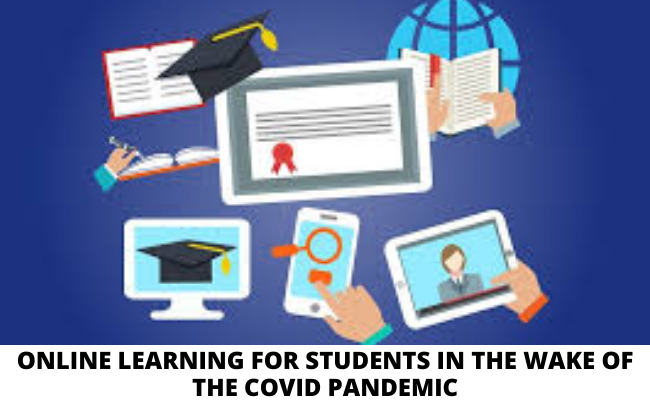
The Covid Pandemic has driven some of us out of our offices and roads, but ironically has required a huge majority to fend for themselves virtually on the streets. In that process, students of all socio-economic classes, have been ‘locked out’ of their educational institutions during the ‘lockdown’.
The academic community rose up to the challenge with whatever resources it had and started ooming in education using popular online platforms such as Zoom, Microsoft teams with some dded support through Facebook, Whatsapp and Google Meet. Concurrently, Whatsapp groups were pressed into action to reach across to parents and students for information, sending of notes and often to send out recorded video lectures and audio files.
Overnight, faculty and teachers learnt the art of speaking to mics, to computer screens and got a crash course in technology. We talked to almost more than 2 dozen faculty members and almost all
of them without exception missed the classroom and the interaction with their students. They also had numerous concerns about how the entire learning experience was shaping out at the end of students and their inability to get a clear feedback on this from their students.
A very clear digital divide and therefore access resulted in either complete denial or only patchy reach of these classes for lakhs of students. Students from low income backgrounds had either none
or only limited access to computers, smartphones and internet connectivity. Therefore education also got rationed, but in this case only to those who were digitally well-off.
Not that digital connectivity made things absolutely great for even those relatively well-endowed. There were issues of space, privacy, peace and not every household had multiple devices or multiple rooms to have uninterrupted access. Students felt cloistered with almost zilch facilities for interactivity with friends and classmates.
Video streaming was not always encouraged, lest pictures of homes becomes the objects of comparisons. Many students were facing everyday and sometimes special situations which triggered some sort of mental stress and fatigue which also hampered earning. There is also a sense of realization that online teaching will not offer any escape or refuge from mental, emotional and sexual abuse.
Given all those above situations, one felt that a reasonable opportunity must also be given for students to give their feedback on their experience of online learning and how it affects them. Therefore we came out with a totally anonymous, with no contact details asked survey targeted at students aged 12 years and above, and who were required to proceed with their classes online in the wake of the Covid pandemic.
It is offered both in Hindi and English, and takes maximum 10 minutes to do owing to its multi-choice answer options. If you wish, you can also use it as a phone survey to reach out to students who may not have internet connectivity or access to a digital device. That would allow you to slip easily in in the role of a student citizen researcher as well.
English link: https://studentcovid19.typeform.com/to/aiA8Sx
Hindi Link: https://studentcovid19.typeform.com/to/eEsZIo
This is a public interest initiative for the student community on behalf of the academic community.
